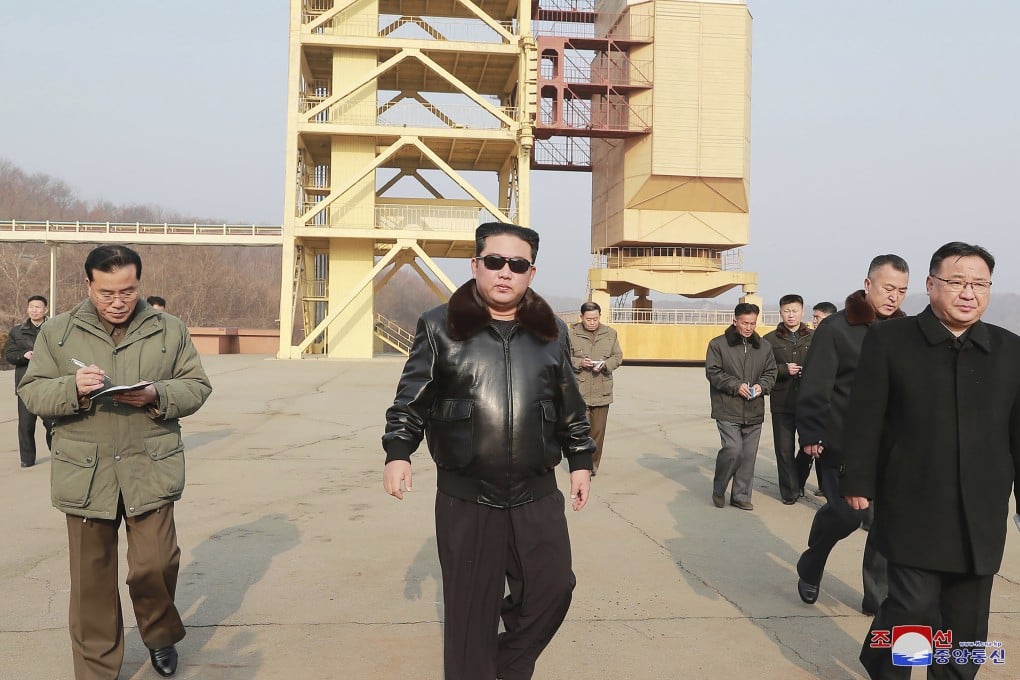US sanctions Russian network it says helped North Korea build its ballistic missile system
- Two Russian individuals and three companies helped Pyongyang procure supplies for weapons systems in violation of US and UN sanctions, Washington says
- The move is Washington latest effort to slow Pyongyang’s development of an arms programme that includes nuclear weapons and missiles that can reach the US

US President Joe Biden’s administration on Friday announced sanctions against a network of Russians suspected of helping North Korea build up its illicit weapons programmes.
The move comes one day after US officials warned that Pyongyang would face punishment for building and testing a new type of long-range missile, and they also add to a slew of economic sanctions already imposed against Moscow earlier in the day over its invasion of Ukraine.
“The DPRK continues to launch ballistic missiles in blatant violation of international law, posing a grave threat to global security,” said Brian Nelson, under secretary of the Treasury for terrorism and financial intelligence.
The sanctions are the latest effort by Washington to slow down Pyongyang’s development of an increasingly sophisticated arsenal, which includes nuclear weapons and missiles that can reach the United States.
Two Russian individuals and three Russian companies helped North Korea procure supplies for the programme in violation of US and United Nations sanctions, the Treasury Department said. They will be blacklisted from the US financial system.
